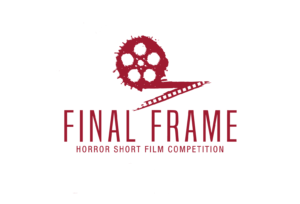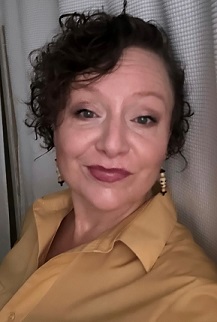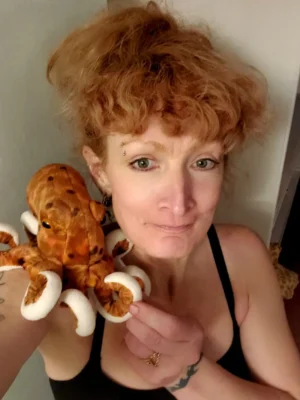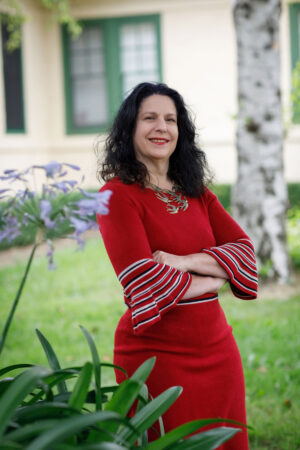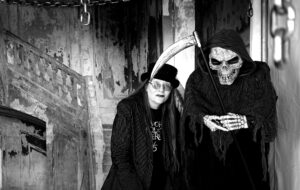
What inspired you to start writing? When I was a kid, I was a big reader. I used to check out 20-plus books from the library at a time. I read anything I could get my hands on across all kinds of genres, but the series that resonated with me the most were Erin Hunter’s Warriors, and Michelle Paver’s The Chronicles of Ancient Darkness series. At a time when a lot of books revolved around familial conflicts or were otherwise dominated by popular titles, these stories stuck out to me for the dark themes they explored, the brutal violence, and the dynamic character relationships. I’d read Wolf Brother and wished I could write something like it, and try, try, try, I did. My parents weren’t a big fan of me wasting paper, so they didn’t give me notebooks for that sort of thing; instead, they let me use the family computer and I taught myself how to type. And I just never stopped.
What was it about the horror genre that drew you to it?There are so many things that I love about the horror genre. I love how it tries to terrify, disturb, and thrill readers. I love its versatility, and how it can so effortlessly blend together with other genres. But I also think I love horror because oftentimes, at the core of these stories, there’s some level of tenderness to it. Like yes, a slasher can be about a guy slinging around a machete and chasing kids through the woods, but it can also be a story about how love and friendship triumph in the face of violence—I think Kalynn Bayron’s You’re Not Supposed to Die Tonight is a fabulous example of this. Horror is a genre that welcomes the uncomfortable, and as someone with PTSD, I enjoy having the freedom to explore my feelings, thoughts, and experiences in a “safe” environment.
